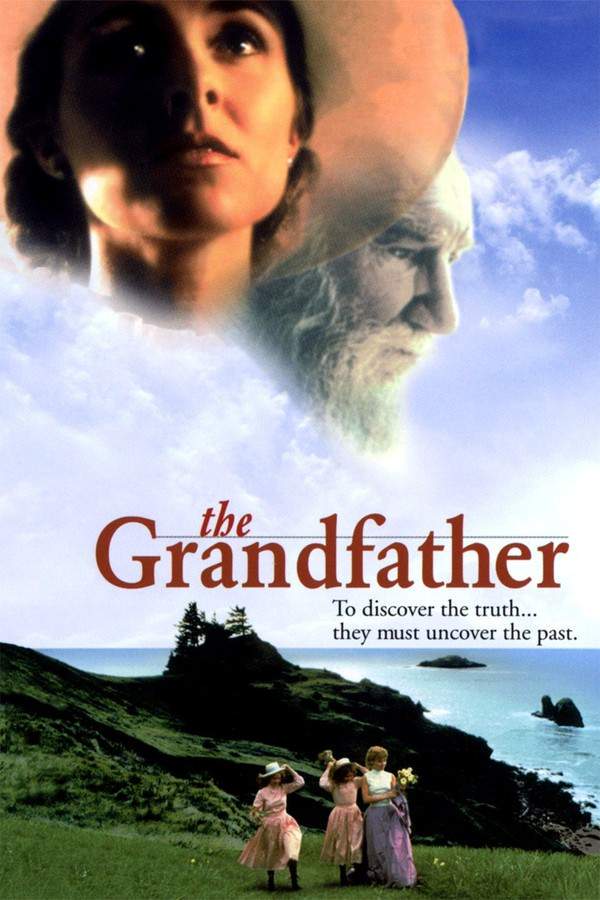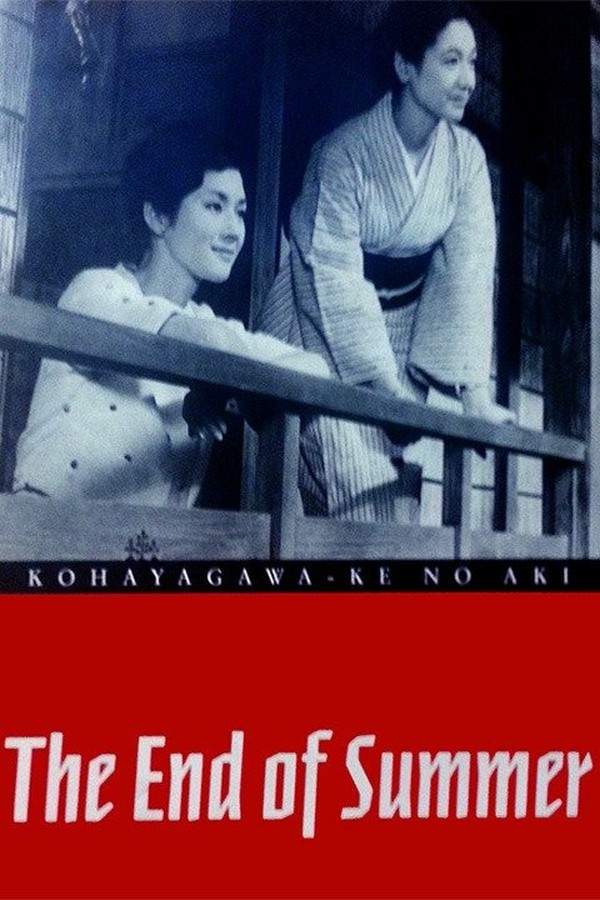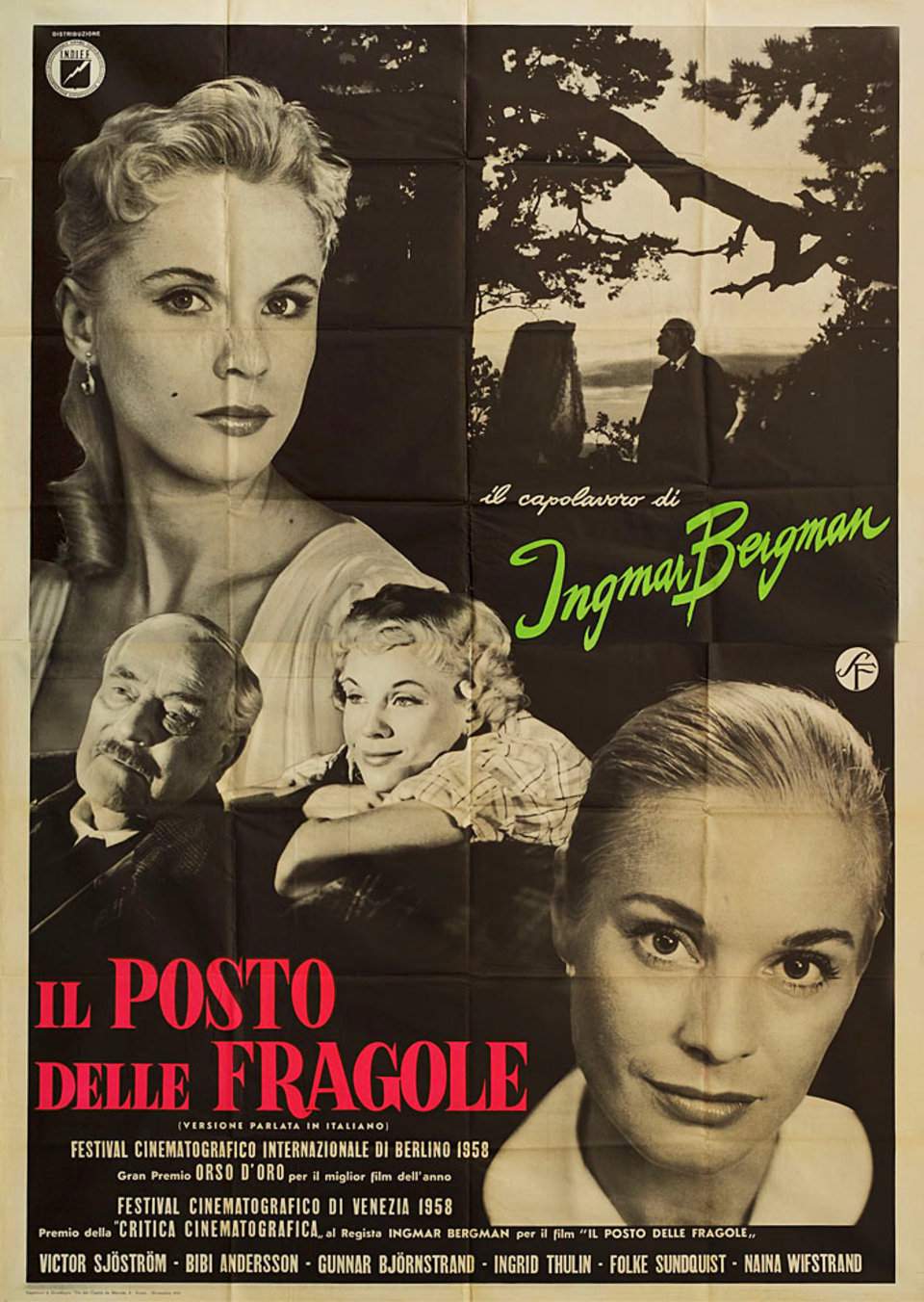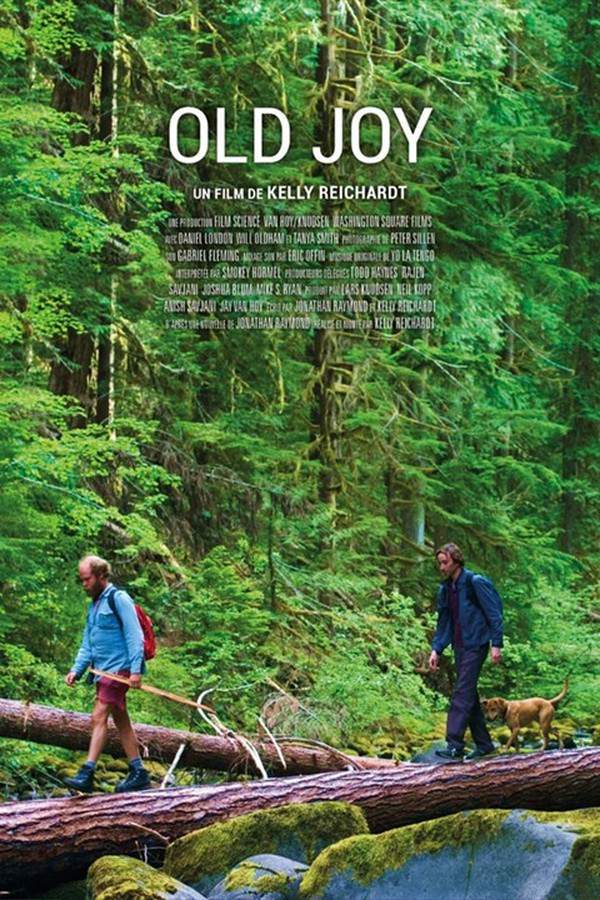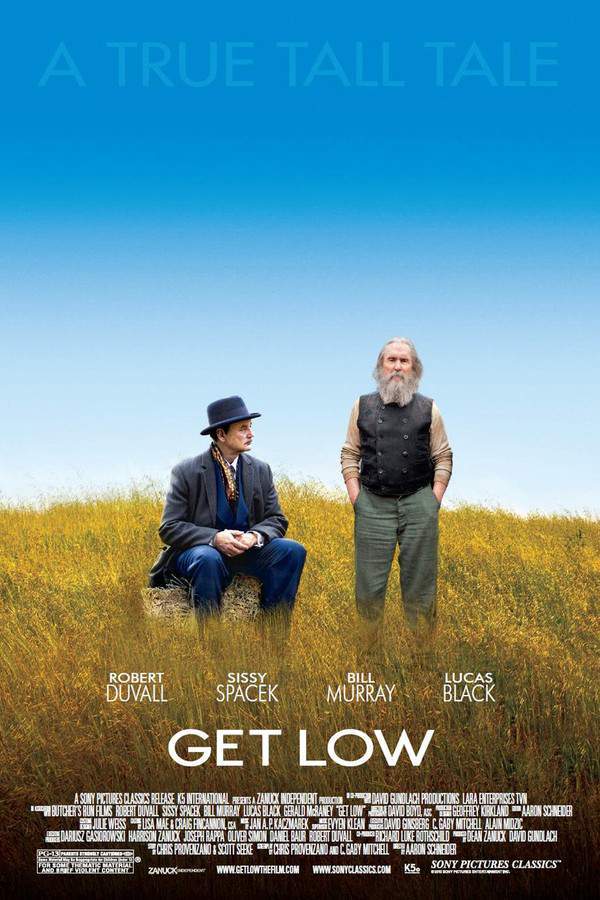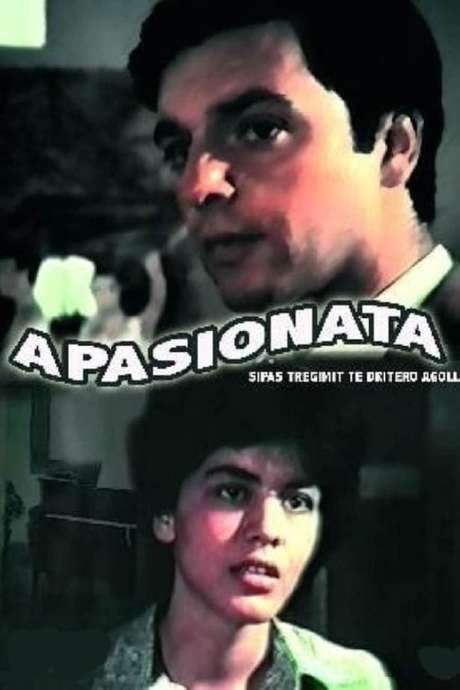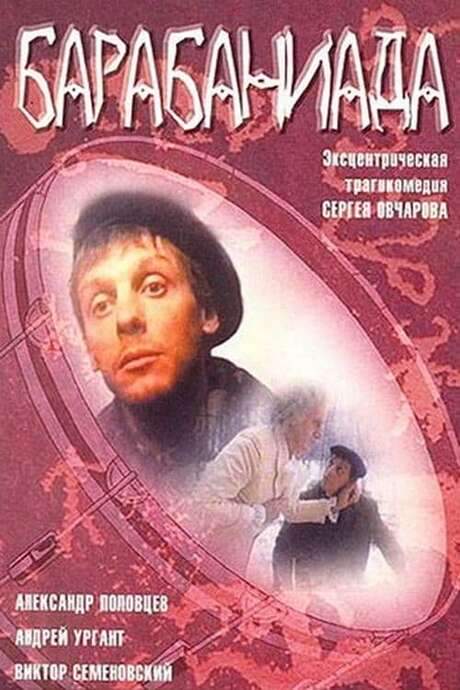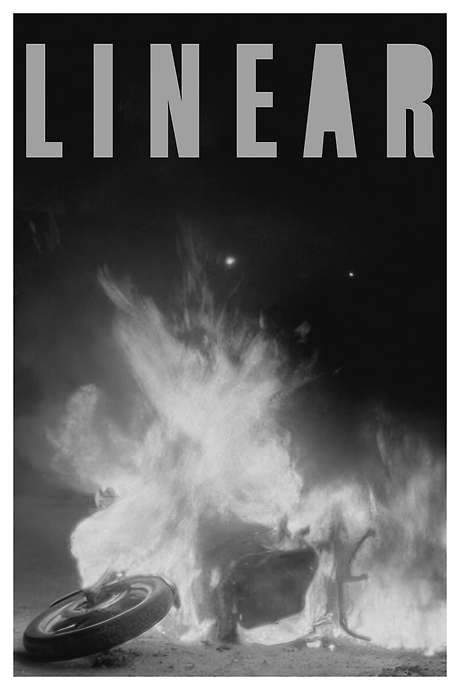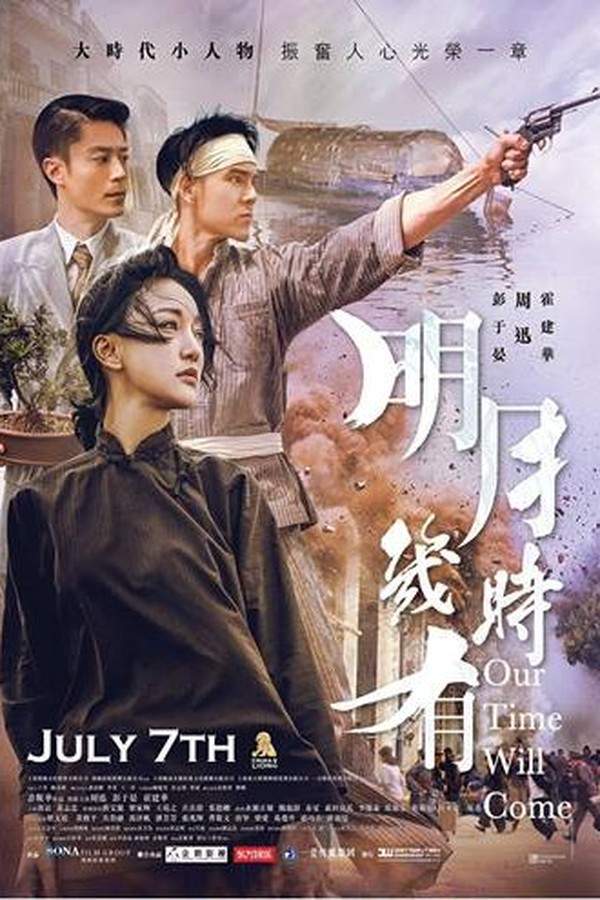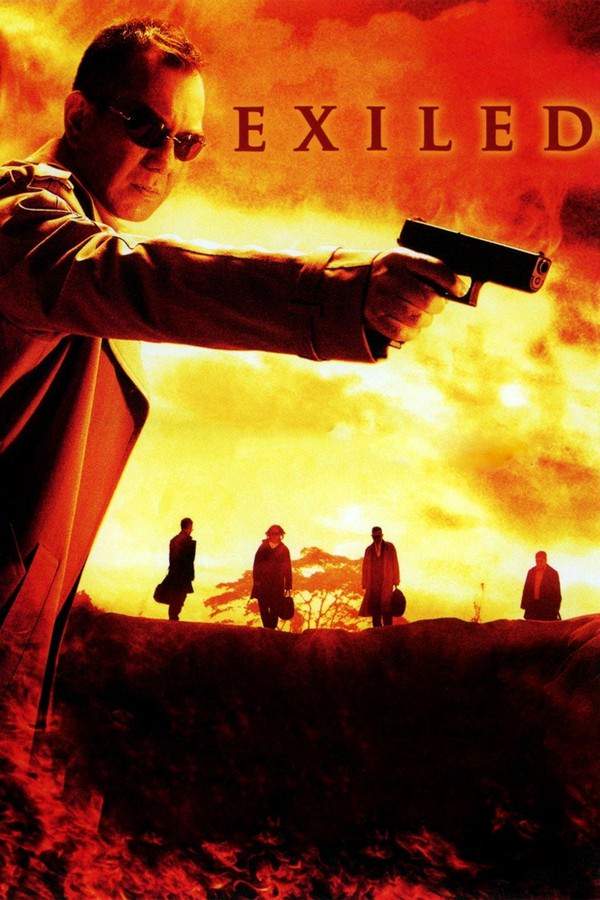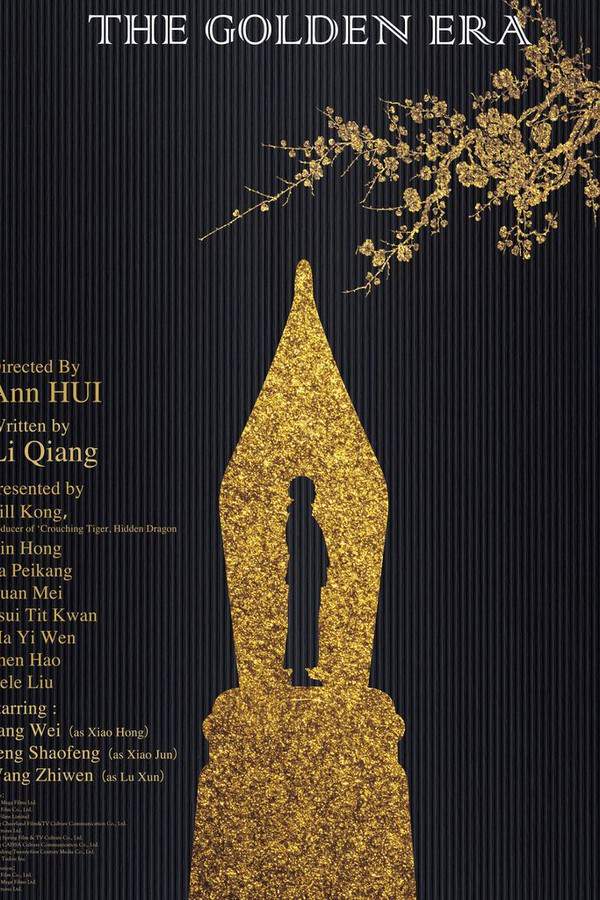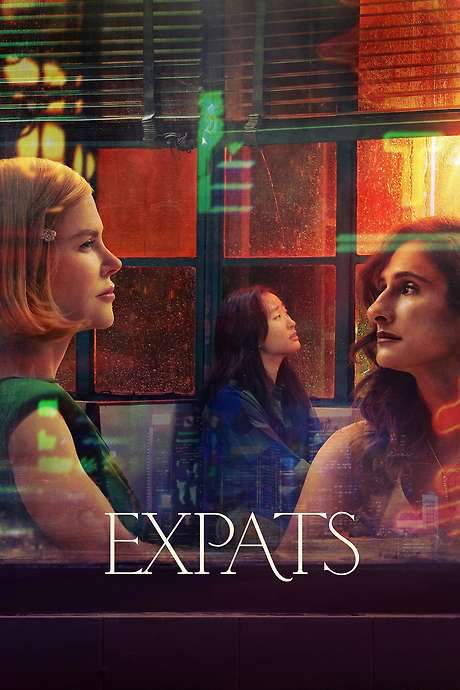
Song of the Exile
Year: 1990
Runtime: 100 mins
Language: Cantonese
Director: Ann Hui
Set in the early 1970s, the film follows a Chinese‑Japanese student who returns to Hong Kong after completing her studies at a university in London. Back home she confronts a growing rift with her family, especially her mother, as cultural expectations, generational differences and questions of identity spark intense conflict.
Warning: spoilers below!
Haven’t seen Song of the Exile yet? This summary contains major spoilers. Bookmark the page, watch the movie, and come back for the full breakdown. If you're ready, scroll on and relive the story!
Song of the Exile (1990) – Full Plot Summary & Ending Explained
Read the complete plot breakdown of Song of the Exile (1990), including all key story events, major twists, and the ending explained in detail. Discover what really happened—and what it all means.
Cheung Hueyin, Maggie Cheung, is abroad in London in 1973, studying media and chasing a dream of a career in television. After her graduation, she discovers that, unlike her white roommates, she has been denied a BBC interview, a setback that pushes her to confront what she wants from work and from life. A letter from her mother pulls her back to Hong Kong for her younger sister’s wedding, setting the stage for a deeper look at family, heritage, and the choices that shape a woman’s path. The tensions between Hueyin and her mother, Aiko, Lu Hsiao-Fen, who is Japanese, run through the film like a quiet undercurrent. Their strained relationship is revealed in a series of flashbacks that trace the emotional terrain of their bond and the cultural distance that has long separated them.
The narrative delves into Hueyin’s family history, discovering how her paternal grandparents helped raise her but often overstepped boundaries that created lasting dysfunction. In these memories, Hueyin sees the influences that shaped her sense of self and her complicated loyalties to both sides of her heritage. Aiko’s own past before becoming Mrs. Cheung and Hueyin’s mother is explored in turn, including her time in Manchukuo. There, she and other Japanese faced grave uncertainties after Japan’s defeat, intensified by illness within her family. A pivotal moment comes when Mr. Cheung, Waise Lee Chi-Hung, an army translator from Guangdong with a background in traditional Chinese medicine, helps cure Aiko’s infant nephew after a desperate roadside plea. This act of kindness plants a connection and a sense of possibility, and later, when he accompanies Aiko’s family to the repatriation site, he reveals a longing for a romantic relationship that complicates the family dynamic even further.
Back in 1973, Hueyin reluctantly agrees to accompany Aiko on a visit to Beppu, Japan, to explore her birthplace and origins. At first she feels utterly out of place—unable to speak the language and unsure of the customs—but the journey becomes a catalyst for self-discovery. She forms a bond with an uncle, gradually learning to embrace a Japanese side of her identity and, in time, reaching a new understanding with her mother. This cultural reconciliation helps Hueyin set her sights on a different future, one that aligns with the tenacity she already showed in pursuing a career in Hong Kong’s television landscape. The family’s path widens again when Aiko later encourages Hueyin to visit her paternal grandparents in Guangdong, where Hueyin encounters the reality of a very young relative with a mental disability, a detail that deepens her empathy and sense of duty.
As the film moves toward its end, Hueyin’s inner journey comes into sharp relief against the external world she covers as a journalist. She prays before a dimly lit, incense-choked ancestral altar, a stark contrast to the open-air shrine she visited in Japan and to the large, outdoor rallies she now reports on. The final images crystallize a transformation: the rejection in London no longer defines her, and the complicated family history she has faced—its joys, tensions, and unresolved questions—coheres into a renewed sense of purpose and belonging. The story closes with a nuanced portrait of a woman who navigates a hybrid heritage, a complex family tapestry, and a professional world that demands clarity, courage, and a voice of her own.
Last Updated: October 09, 2025 at 15:06
Explore Movie Threads
Discover curated groups of movies connected by mood, themes, and story style. Browse collections built around emotion, atmosphere, and narrative focus to easily find films that match what you feel like watching right now.
Movies about cultural identity and family conflict like Song of the Exile
Personal histories and heritage collide across generations in quiet, reflective dramas.Discover films like Song of the Exile that explore deep cultural and generational divides within families. If you enjoyed the melancholic reflection on heritage and reconciliation, you'll find similar powerful dramas about identity, memory, and strained parent-child relationships here.
Narrative Summary
Narratives in this thread typically follow a protagonist, often a young adult, returning to their family or homeland and confronting unspoken histories. Through flashbacks and strained interactions, the film unravels the reasons behind family conflicts, leading to a journey of self-discovery that redefines the character's sense of belonging.
Why These Movies?
These films are grouped together because they share a central focus on the complex interplay between personal identity and cultural inheritance. They create a similar viewing experience through their reflective tone, medium emotional weight, and their ultimate, often bittersweet, exploration of reconciliation and understanding.
Slow-paced melancholic dramas like Song of the Exile
Contemplative character studies that unfold with quiet sadness and deep introspection.If you liked the quiet, reflective atmosphere of Song of the Exile, explore this collection of similarly paced films. These movies share a melancholic tone and a slow-burn approach to storytelling, focusing on internal struggles and emotional realism for a deeply immersive experience.
Narrative Summary
The narrative pattern is less about external plot and more about an internal emotional journey. Conflicts are often relational or internal, unfolding through nuanced performances and atmospheric direction. The story structure prioritizes mood and character development over fast-paced events, leading to an ending that feels earned and emotionally resonant.
Why These Movies?
These movies are grouped by their shared vibe—a specific combination of slow pacing, melancholic tone, and medium intensity. This creates a coherent viewing experience for audiences seeking films that are thoughtful, atmospheric, and emotionally nuanced without being overtly tense or violent.
Unlock the Full Story of Song of the Exile
Don't stop at just watching — explore Song of the Exile in full detail. From the complete plot summary and scene-by-scene timeline to character breakdowns, thematic analysis, and a deep dive into the ending — every page helps you truly understand what Song of the Exile is all about. Plus, discover what's next after the movie.
Song of the Exile Timeline
Track the full timeline of Song of the Exile with every major event arranged chronologically. Perfect for decoding non-linear storytelling, flashbacks, or parallel narratives with a clear scene-by-scene breakdown.

Characters, Settings & Themes in Song of the Exile
Discover the characters, locations, and core themes that shape Song of the Exile. Get insights into symbolic elements, setting significance, and deeper narrative meaning — ideal for thematic analysis and movie breakdowns.

Song of the Exile Spoiler-Free Summary
Get a quick, spoiler-free overview of Song of the Exile that covers the main plot points and key details without revealing any major twists or spoilers. Perfect for those who want to know what to expect before diving in.

More About Song of the Exile
Visit What's After the Movie to explore more about Song of the Exile: box office results, cast and crew info, production details, post-credit scenes, and external links — all in one place for movie fans and researchers.

Similar Movies to Song of the Exile
Discover movies like Song of the Exile that share similar genres, themes, and storytelling elements. Whether you’re drawn to the atmosphere, character arcs, or plot structure, these curated recommendations will help you explore more films you’ll love.
Explore More About Movie Song of the Exile
Song of the Exile (1990) Scene-by-Scene Movie Timeline
Song of the Exile (1990) Movie Characters, Themes & Settings
Song of the Exile (1990) Spoiler-Free Summary & Key Flow
Movies Like Song of the Exile – Similar Titles You’ll Enjoy
Our Time Will Come (2017) Ending Explained & Film Insights
Exiled (2007) Full Summary & Key Details
The Golden Era (2014) Film Overview & Timeline
Show Me Your Love (2016) Movie Recap & Themes
After This Our Exile (2006) Full Summary & Key Details
China Cry (1990) Ending Explained & Film Insights
Farewell China (1990) Story Summary & Characters
The Home Song Stories (2007) Film Overview & Timeline
Song of Tibet (2000) Story Summary & Characters
Hong Kong, Hong Kong (1983) Ending Explained & Film Insights
The Exiles (2022) Complete Plot Breakdown
Autumn Moon (1992) Complete Plot Breakdown
The Girl (1968) Plot Summary & Ending Explained
Song of China (1935) Detailed Story Recap
Expats (1000) Full Summary & Key Details



